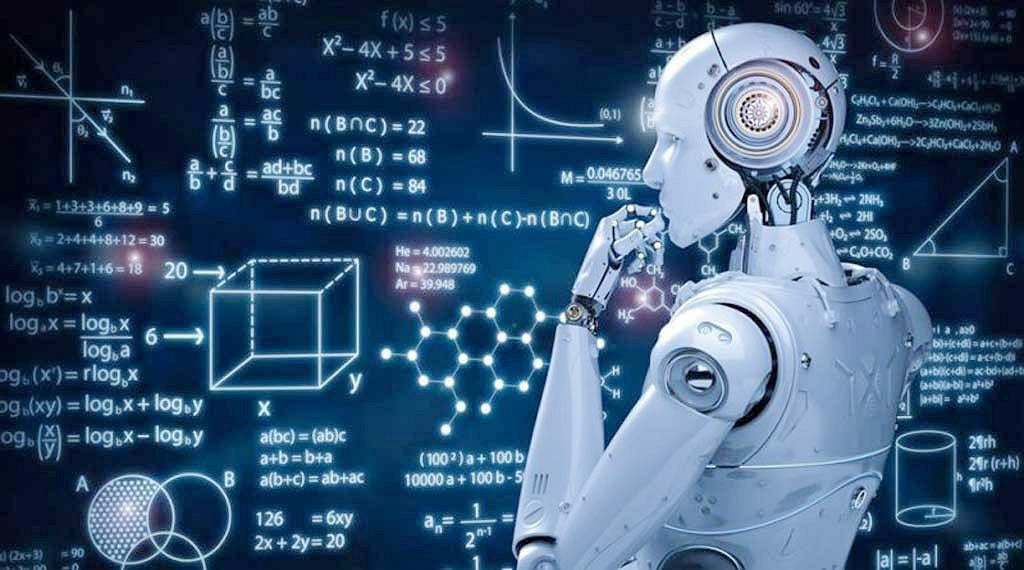Shaping the Future of Machine Design: A Collaborative Approach to Automation
AutoControl GlobalAutoControl Global January 22, 2025The Future of Machine Design in a Connected World
In the fast-changing world of industrial automation, collaboration among plant management, operators, engineers, safety officers, and IT teams is becoming the name of the game. Advancing technologies raise the need for cooperation among these stakeholders to balance production, safety, and data security in a holistic approach to successful machine integration.
Bridging the Gap with AI and Data Analytics
Artificial Intelligence as well as the advancement in Data Analytics gives quite a lot to fear regarding this Industry as the development will only hinder industry development; numerous plants implement sensor technologies with related data acquisition. So the unutilized prospect gives quite valuable chances to make the operation optimum, optimizing machines can support customers take the better position with some information.
Create A Data Center Culture
The fear of job loss or the siloing of expertise due to the implementation of AI technologies in automation is a potential obstacle. Overcoming such obstacles requires developing a data-centric culture. Machine builders can make sure that every single member of their team, from IT to operations, contributes to the process and creates an environment of collaboration where employees feel empowered to adopt new technologies that assure seamless integration.
Unified Programming Languages: Their Role
One such critical step towards this bridge between IT and OT would be to get their programming languages aligned. It should be a complete integration of high-level languages such as Python to low-level languages, including ladder logic. AI algorithms will then develop understandable code with ease, allowing the process of development to go smooth and efficient.
The Power of Open Networks
OPC-UA and EtherCAT are open industrial protocols contributing to modern automation systems. Enabling communications across devices and systems allows data to flow freely within the manufacturing ecosystem, enabling predictive optimization, issue resolution, and better system adaptability.
Building Trust Through Reliable Software Solutions
In industrial automation, trust in software reliability is non-negotiable. Workers need to rely on software to make crucial decisions. Digital software deployment offers a streamlined process that reduces downtime and errors, improving both operational efficiency and trust between machine builders and their clients.
The Path Forward for Machine Builders
Looking to the future, machine builders will need to adapt to shifting market conditions, such as fluctuating raw material costs and evolving consumer demands. By leveraging data insights, embracing open networks, and nurturing collaborative partnerships, machine builders can transform their role from equipment suppliers to trusted advisors, solidifying their leadership in the automation industry.

